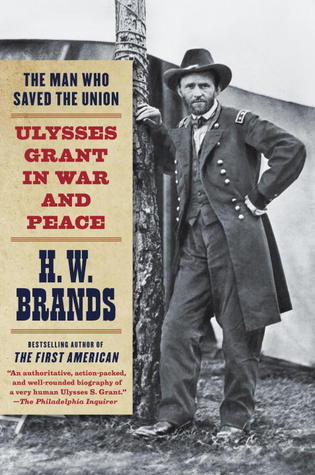What do you think?
Rate this book


637 pages, Paperback
First published October 2, 2012
Grant thought the South was getting the better of the war writing. “Everything that our armies did was wrong, could have been done so much better,” he paraphrased the commentary of the war. “Everything that our opponents did was perfect. Lee was a demigod, Jackson was a demigod, while our generals were brutal butchers…The Southern generals were models of chivalry and valor; our generals were venal, incompetent, coarse…”
“All assistance of the government seems to go to people who do not need it but who avail themselves of the present depressed state of the stock market to buy dividend paying securities, thus absorbing all assistance without meeting the real wants of the country at large,” he said. The speculators and bankers would have to look to themselves. “This will necessarily go on until balances are settled in all former stock gambling operations either by settlements or the breaking of operators. Money will then begin to resume channels of legitimate trade.”